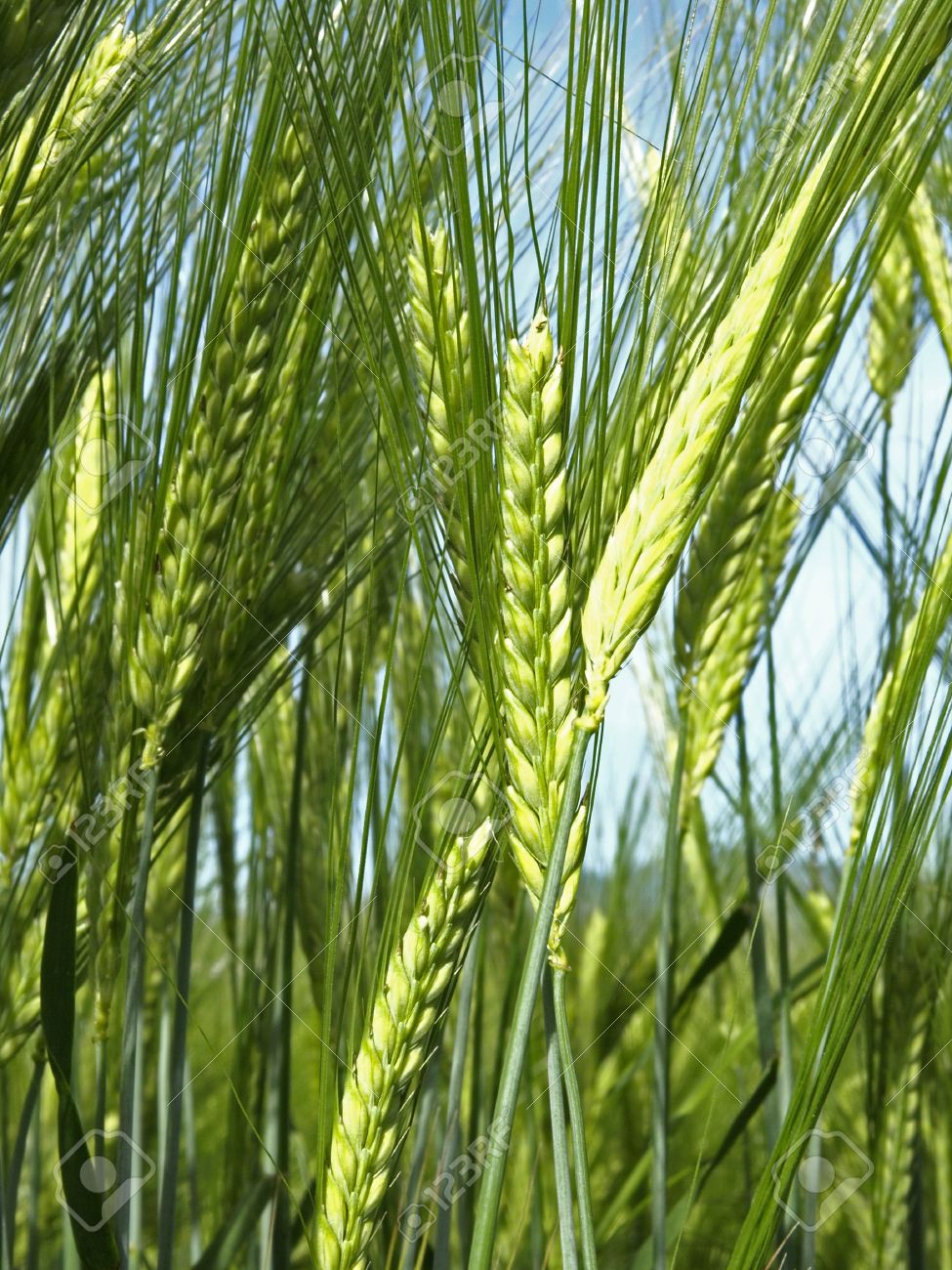
BY ABEBE WOLDEGIORGIS
To attain food security and economic progress, enhancing agricultural productivity through implementing better farming techniques and irrigation is essential.
As population growth puts its own pressure, feeding the growing number of people ought to be a preoccupation to the government. Currently, though a significant amount of wheat is produced locally it is unable to meet the domestic demand. Therefore, to balance the deficit, the government has imported huge amounts of wheat from abroad.
According to the recent CSA report, Ethiopia’s food security problem is at least reflected by the growing level of imported wheat. The import grew from 2013 to 2019 on average by 29.1 and 32.6 percent.
It is understood that the nation has sufficient arable land which can be used for irrigation farms and rivers flow both in summers and winters. Hence, utilizing these resources could enable to double the amount of wheat production.
Daniel Muleta (PhD) is working in the Ministry of Agriculture as the Head of Wheat Irrigation Farm Promoting Department. While he spoke to this writer said that last year, it was possible to produce wheat in 20 thousand hectare land through a summer irrigation farm.
Though there were some challenges including COVID-19 and desert locust invasion; in this year, producing wheat in 150 thousand hectare land through irrigation farms is realized.
According to experts, in the low land parts of the country where vast arable land is available, cultivating irrigation farms is not a common practice. As a result, the nation still remained food insecure.
Therefore, to reverse the situation, the government is endeavoring to experiment the cultivation of vast farms for wheat production. Shifting the seasonal cultivation through irrigation farm is undergoing.
Currently, the cultivation of wheat in the vast areas of four regions through irrigation brought a glimpse of hope to attain food self-sufficiency.
The experimentation of wheat farms in Somali region around Gode Zone in 500 hectares land can be a model to other regions. Currently, in Oromya region in more than 130 thousand hectares land; in Amhara regional state 12 thousand hectare land and in Afar regional state 1200 hectare land is covered by irrigated wheat farm.
According to Daniel, these all indicated how the nation has a potential not only for domestic food self-sufficiency but also in exporting wheat to the outside market. Formerly the experiment to cultivate wheat in the arid areas of Gode through irrigation was not fruit full.
Looking at the practice as a bad experience some have been hesitating whether the current experiment in the Gode zone successful or not. However, it has been proved that currently tremendous achievement is being registered. The production is effective because the crop was sown earlier in line with weather and the agro-ecological situation.
This year’s wheat production in all parts of the country is expected to substitute half of the nation’s wheat imports and next year with better production substituting 100 percent of imported wheat will be possible.
But though the effort is continued there are also some upside downs which can be taken as constraint factors including natural disasters.
In Afar and Somali regions, there was high rainfall registered which the nation ever had as a result, flood occurred. These again restricted farmers not to prepare their farm on time.
The outbreak of COVID-19 and the invasion of desert locust when farmers underwent preparation of their farm further aggravated the situation. But producing wheat in 150 thousand hectare land in severe time can be said a great achievement.
According to Daniel, for many years semi-pastorals in arid regions had no knowledge of cultivating wheat during winter time through irrigation but currently they brought attitudinal change and convinced themselves. To support the pastoral communities’ efforts, the government established a committee.
Experts told that the use of irrigation is very important as it enables farmers to cultivate agricultural lands multiple times in a year.
In time of drought, it helps to alleviate water shortage during poor rain in the dry season. However, in the country insignificant portion of land is irrigated as compared to the available water and arable land.
The Central Statistics Agency report indicates that only 250 thousand hectare land is irrigated by small holder farmers.
As to Daniel, to develop irrigation farms sustainably the involvement of the private sector is a must. When the Ministry of Agriculture experiments the cultivation of wheat in small areas and better outcomes witnessed, the private sector follows in its footsteps and gets involved in full-fledged manner.
Currently, various questions are forwarded by the private entities on how they get selected seeds and other inputs and conducive technologies. In the coming years, it is expected that with the collaboration of other stakeholders and farmers will engage themselves in the production.
In addition to supplying its products to the local market, the private sector will engage in the export market.
Wheat also served as inputs for industries. Macaroni, Pasta and bread are some of the products but due to the deficit witnessed in the local market the industries are forced to import wheat from abroad which again consumes the nation’s meager hard currency. Therefore, enhancing the production of wheat through irrigation, in addition to meeting the local demand, will minimizes the import.
The Ethiopian Herald March 6/2021





